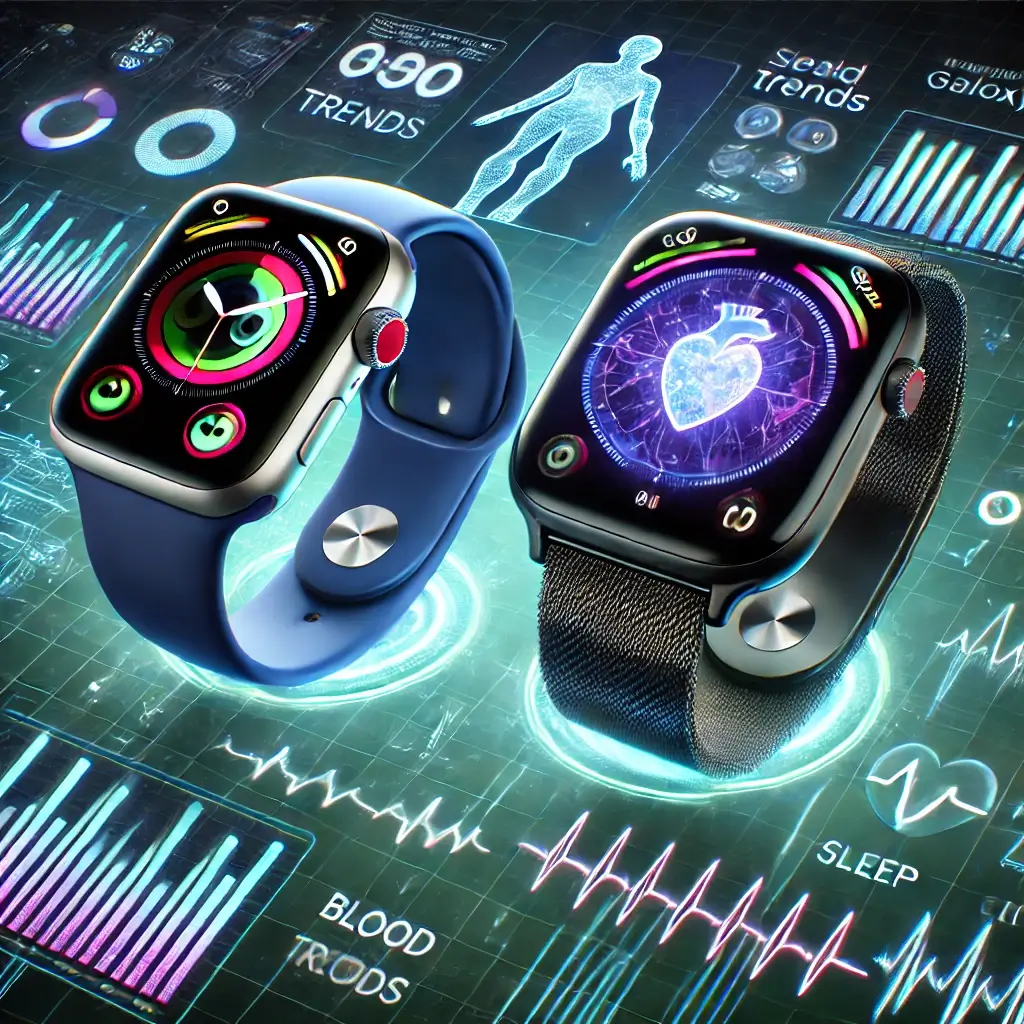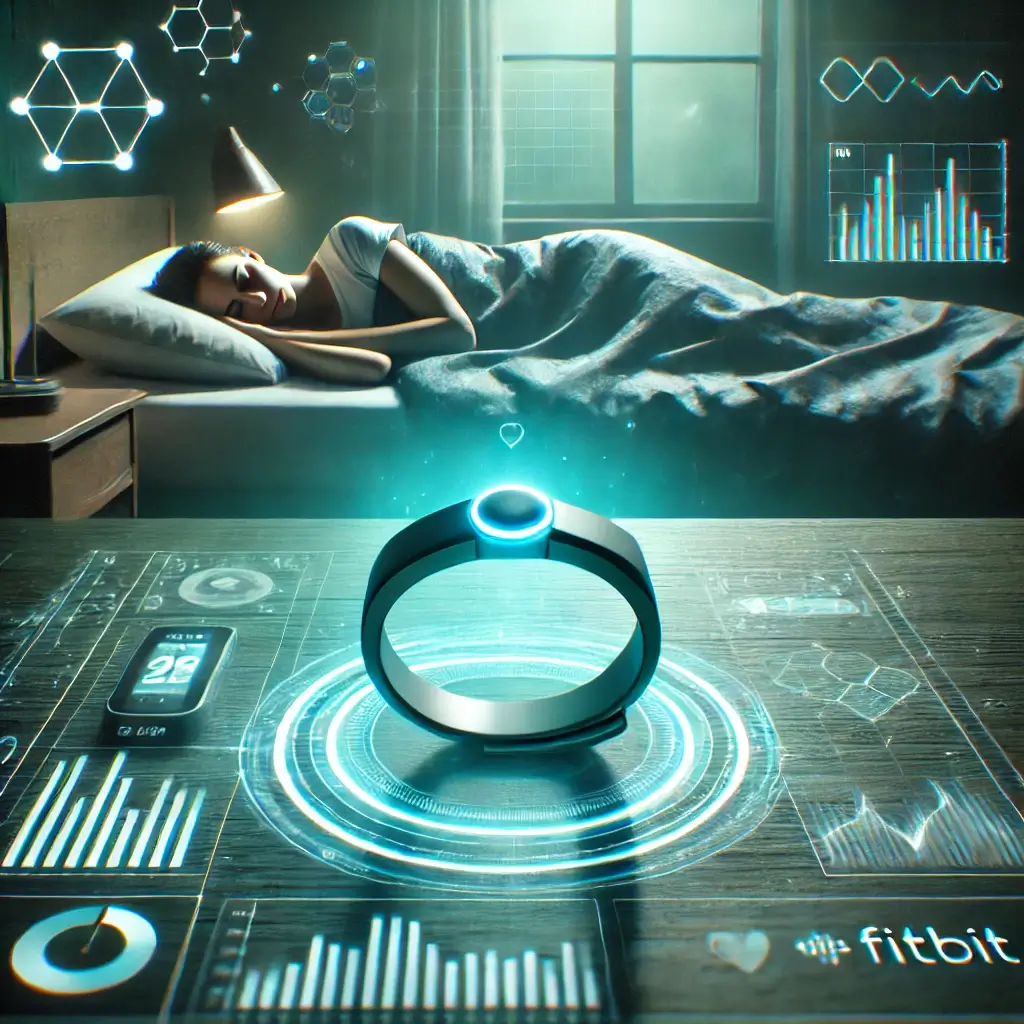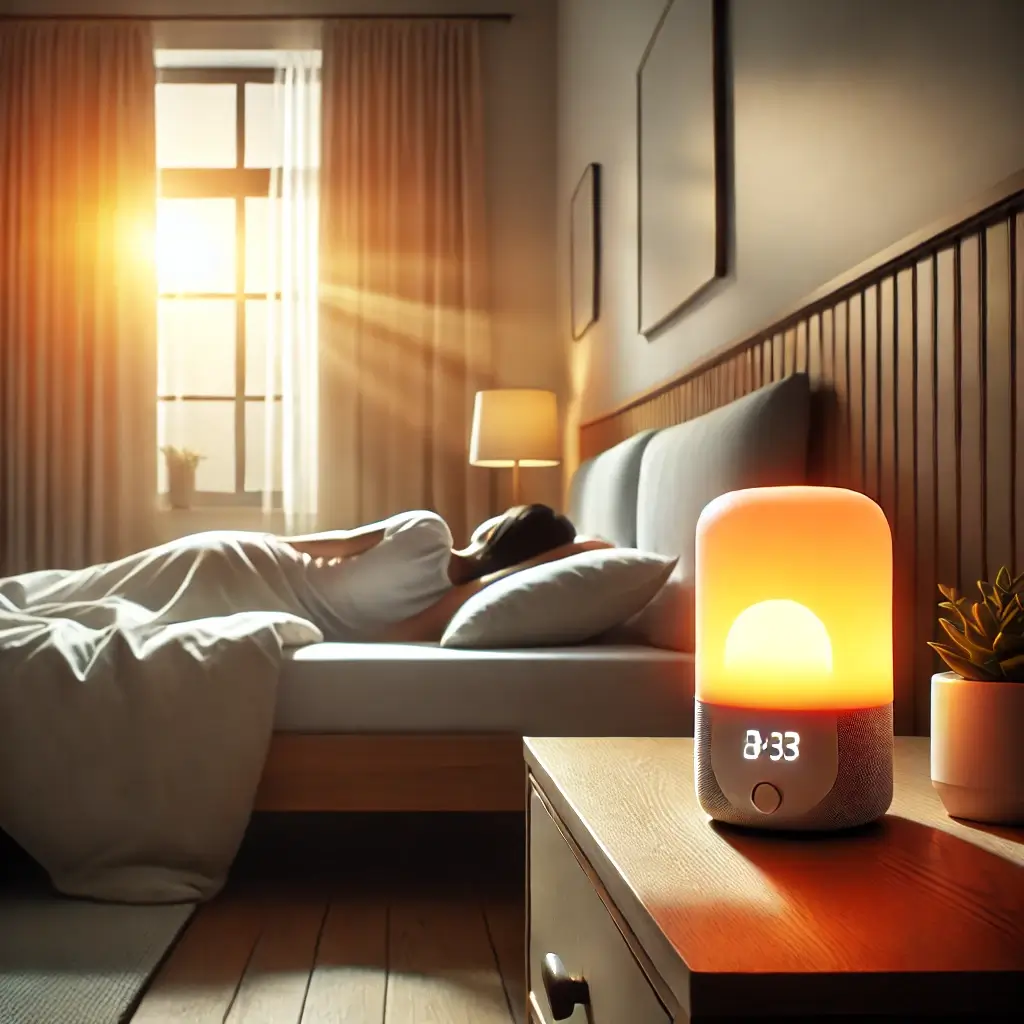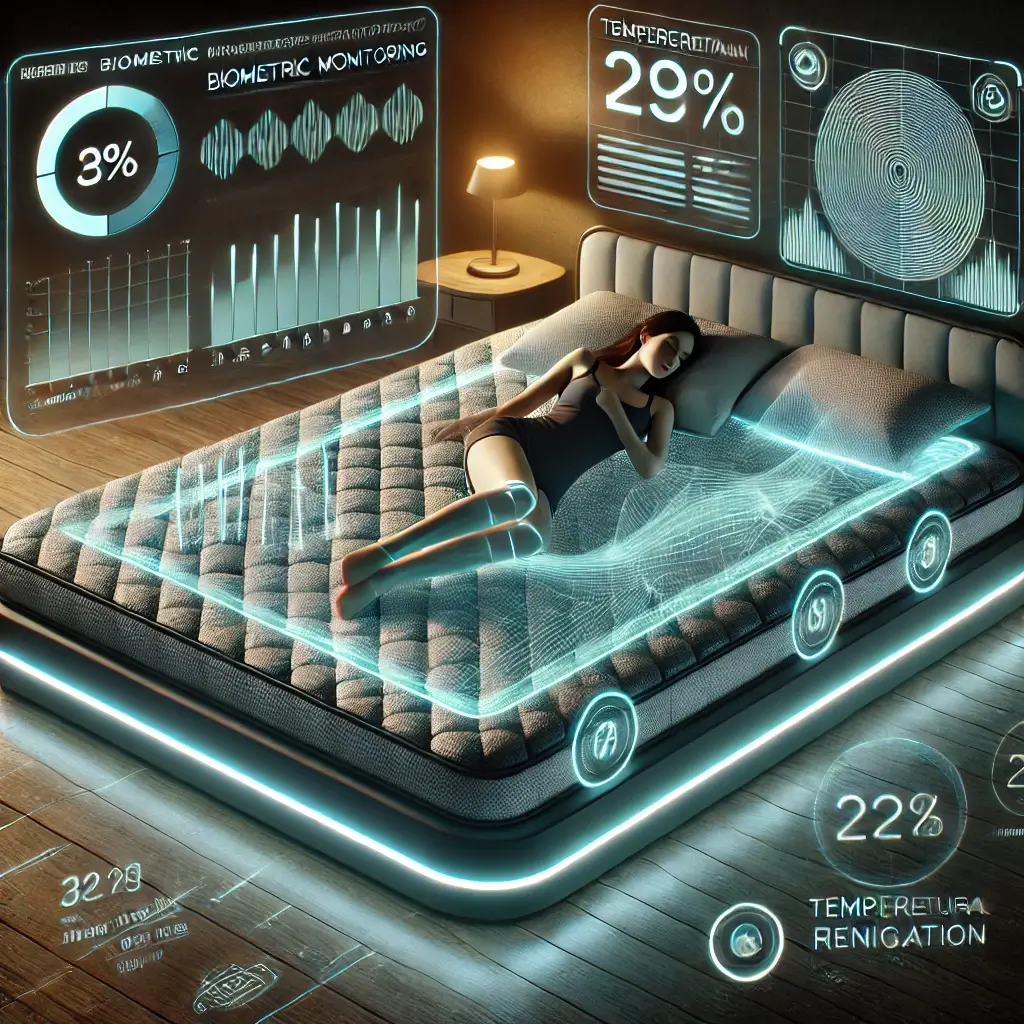Wearable Health Innovation: How Apple and Samsung Are Transforming Sleep Monitoring Technology
The Evolution of Health Monitoring Technology
The rapid evolution of wearable technology for health monitoring has brought health monitoring to our wrists, allowing us to keep tabs on everything from heart rates to stress levels. Among these advancements, sleep tracking stands out as a game-changing feature. For tech enthusiasts, devices like the Apple Watch and Samsung Galaxy Watch offer an enticing blend of cutting-edge technology and health insights, making them more than just accessories—they are gateways to better sleep.
The Appeal of Smart Watches for Tech Users
With their sleek designs and innovative features, these watches cater to users who demand precision, functionality, and an exceptional user experience. This article dives deep into their sleep tracking capabilities, exploring how they measure up for those who value tech excellence as much as health.
Comparing Leading Smart Watch Technologies
Both devices offer robust features, but they cater to different user preferences, particularly for those immersed in technology:
Apple Watch Key Features
Seamless Integration with Apple ecosystem: The Apple ecosystem allows for smooth syncing with iPhones, iPads, and Macs, creating a centralized hub for health data.
Respiratory Rate Monitoring during sleep: Starting with Series 5, this feature provides insights into sleep disturbances through breath tracking.
Sleep Trends and Recommendations: Apple’s Health app aggregates data, presenting it in user-friendly visuals ideal for tech enthusiasts.
Samsung Galaxy Watch Features
Comprehensive Health Monitoring system: Blood oxygen and stress tracking extend its functionality beyond sleep, offering a holistic health overview.
Customizable Interface: Android users can tailor their experience, from watch face designs to data presentation, ensuring a personalized touch.
Sleep Coaching with actionable insights: Samsung’s emphasis on actionable insights makes it a great tool for users seeking guidance in improving their sleep quality.
Research on Sleep Tracking Accuracy
Accuracy is critical for tech-savvy users who rely on data-driven decisions. Research comparing these devices sheds light on their performance:
Scientific Studies and Findings
Nature and Science of Sleep (2020): This study evaluated wearable devices’ sleep tracking capabilities, noting that while both the Apple and Samsung watches were effective in measuring sleep duration, they faced challenges in deep sleep detection (Joo et al., 2020).
Sensors (2021): The research emphasized the importance of algorithmic advancements for precise sleep stage classification, a factor both companies continue to refine (He et al., 2021).
While these devices are not substitutes for clinical-grade equipment, their accuracy suffices for everyday users seeking general insights into sleep patterns.
Choosing the Right Smart Watch
Choosing between the Apple Watch and Samsung Galaxy Watch often depends on the ecosystem and user preferences:
Device-Specific Benefits
Apple’s Appeal: Perfect for those deeply entrenched in Apple’s ecosystem, offering a seamless experience and high-level design.
Samsung’s Strengths: A go-to choice for Android users who value versatility and extended health metrics like blood oxygen monitoring.
Battery life for overnight sleep tracking is another key factor for tech enthusiasts. Samsung’s superior battery life ensures consistent overnight tracking, whereas the Apple Watch’s need for more frequent charging can disrupt usage.
The Future of Sleep Monitoring
Both watches represent significant strides in making sleep data accessible, but there’s still room for growth. Advances in artificial intelligence for sleep tracking and sensor technology could eventually close the gap between consumer devices and clinical-grade tools. For now, these devices provide a valuable starting point for exploring how sleep impacts daily life.
Final Thoughts on Smart Watch Sleep Tracking
For tech-savvy consumers, the Apple Watch and Samsung Galaxy Watch offer more than sleep tracking—they deliver an immersive experience that blends technology with wellness. Whether you prioritize seamless integration or customizable features, both devices empower users to take control of their sleep health.
The Role of Technology in Sleep Health
However, it’s essential to remember that even the best technology cannot replace foundational habits like a consistent sleep schedule and a restful environment. These watches are tools to complement, not substitute, lifestyle improvements. As wearable technology for sleep monitoring evolves, the future holds exciting possibilities for even more precise and actionable sleep insights. Until then, these devices provide an excellent entry point for those eager to blend technology with personal well-being.
Research Citations
Joo, S. H., Kim, J. H., Park, Y. B., & Jeon, S. Y. (2020). Accuracy of wearable devices in sleep quality measurement. Nature and Science of Sleep, 12, 1031.
He, S., Sun, Y., & Kang, J. (2021). Advances in wearable technology for sleep tracking. Sensors, 21(10), 3456.













